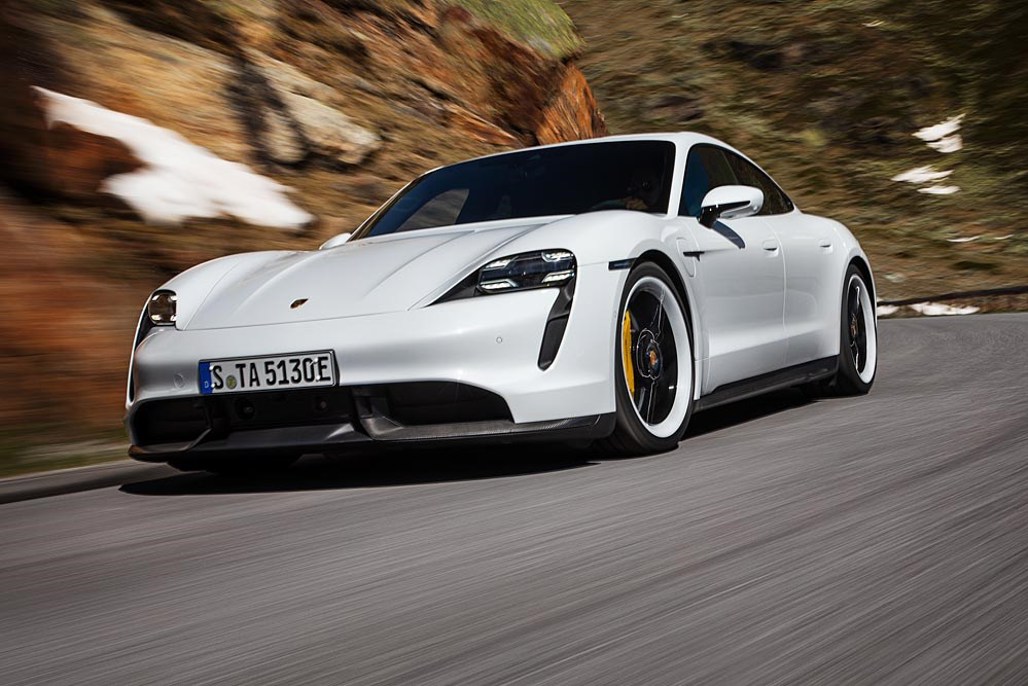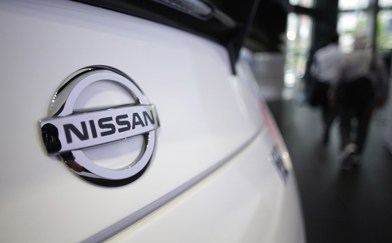A survey conducted by Ford has revealed 42 per cent of Americans believe they would need to put petrol in an electric car.
As ridiculous as it sounds, there is a good reason for the confusion.
Plug-in hybrids, which can travel a short distance on electric power before switching to the petrol engine, are classified by most governments as electric vehicles.
Ford USA’s head of electrification, Ted Cannis, says he has been battling these misconceptions since he started in the role.
Cannis says some of the major queries consumers have about electric cars are about whether they can do the job of a petrol or diesel-powered vehicle.
One of the big misconceptions is that EVs need to be constantly recharged at public charging stations, says news.com.au.
He says that’s not the case, as for general city commutes electric cars will get you to and from work with range to spare.
Cannis says the majority of electric car owners don’t use destination charging locations, managing to do most of their recharging at home.
Brands are improving charging tech with the aim of making any necessary destination charging as quick as possible
The coming Porsche Taycan can take on 100km of driving range in little more than five minutes.
Charging from almost empty, 5 per cent to 80 per cent takes less than 25 minutes under ideal conditions, according to Porsche.
In New Zealand, ChargeNet will be opening the first 350kW charging station at Bombay, Auckland, early 2020, and the Taycan and Audi e-tron GT will be the only vehicles able to use the quick charge.
The survey also showed more than 90 per cent of respondents believed electric cars weren’t fast.
But the Tesla Model S and the Taycan are two of the fastest accelerating electric vehicles in the world. Both cars are in supercar territory for the performance benchmark 0-100km/h sprint, the Porsche claims 3.2 seconds and the Tesla 2.6 seconds.
This is because electric motors deliver a huge swell of torque from a standstill, where most petrol cars don’t deliver maximum torque until higher up in the rev range.
Two thirds of Americans and Europeans also thought electric cars wouldn’t be good at towing or hauling a big load. But the mass of torque that makes electric cars accelerate so quickly is also what is required to tow and haul a big load. Currently utes use diesel power because diesel engines produce more torque than petrol, but an electric motor produces far more.
However, there are concerns over whether electric cars can continually haul and accelerate for long periods of time as this strain drains the battery quickly, says news.com.au.
Electric cars have struggled on track tests when they are required to accelerate multiple times, requiring recharging in a much shorter time frame than usual.




